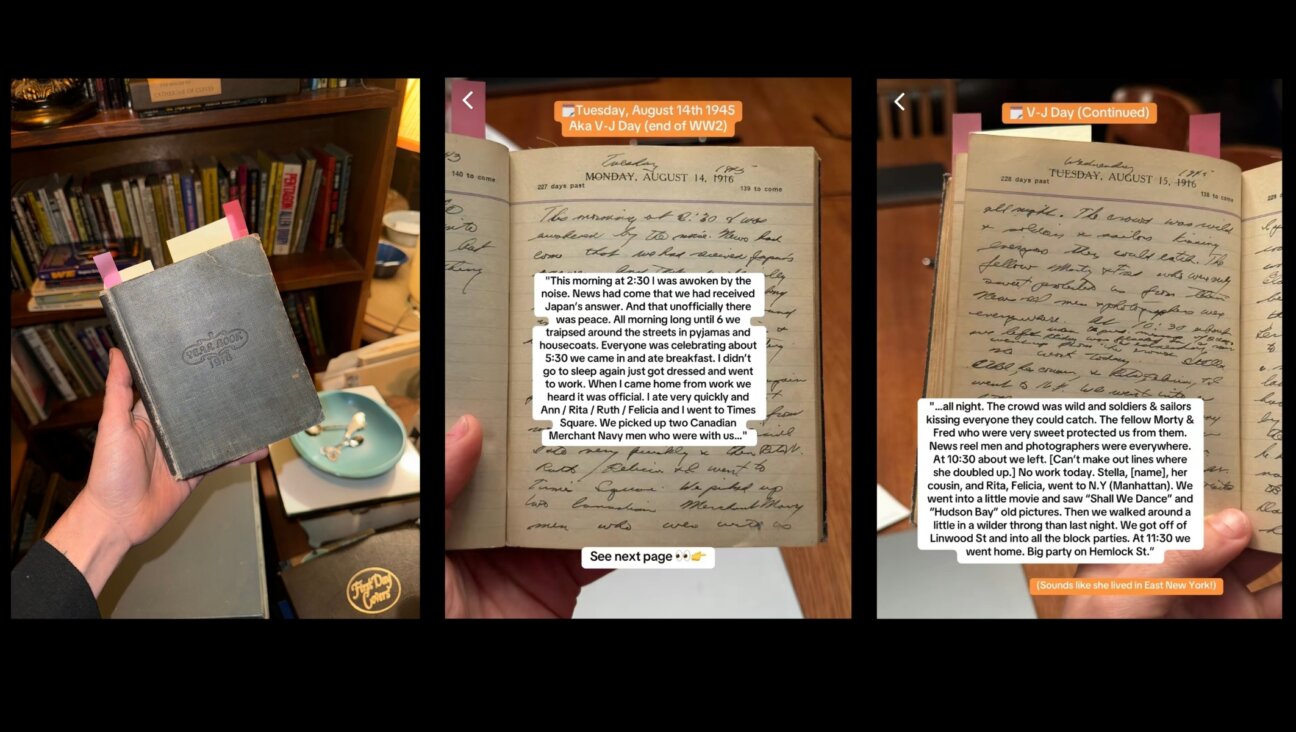NJ mayor accused of antisemitism loses primary to candidate also accused of antisemitism
The town of Toms River has been embroiled in lawsuits over zoning laws that Orthodox Jews say are discriminatory

The mayor of Toms River, NJ was defeated in a Republican primary after a campaign where he sent mailers that members of the Orthodox Jewish community called antisemitic. Photo by NSA Digital Archive/iStock
The mayor of a New Jersey town facing multiple lawsuits alleging discrimination against Orthodox Jews will not be up for reelection after losing a primary on Tuesday, but the winner of the primary has also been accused of antisemitism.
Toms River incumbent Mayor Mo Hill lost the Republican primary to Councilman Daniel Rodrick, winning just 21% of the vote.
Among the major issues facing New Jersey’s eighth-largest city is tension between longtime residents and a recent influx of Orthodox Jews. In 2018, residents organized a campaign urging homeowners to resist real estate agents trying to convince them to sell to Orthodox Jewish families.
Hill faced charges of antisemitism in May over mailed campaign flyers that listed “People of different cultures fleeing the cities buying up our real estate” who are “seemingly threatening the way of life that attracts them” as a major concern for residents.
Hill defended the flyers, saying the uproar was “an indication of how far we are from understanding each other and how much work we have to do together to be better neighbors.”
“Here’s my dilemma: How do I address the fears and frustrations of some residents about the growth of the Orthodox Jewish community, without offending some members of the Orthodox Jewish community? So far, my attempts at bridging the gap without upsetting or offending anyone, on all sides, have not been successful.”
But Rodrick has also faced charges of making anti-Jewish comments. In a mailer of his own, Rodrick said he would stand up to “Lakewood-style development.” The Orthodox umbrella group Agudath Israel of America criticized both candidates in a statement for their “divisive and hateful language.”
Several lawsuits were filed against Toms River and the township’s zoning board by Orthodox congregations, alleging that a rule dictating houses of worship must sit on a minimum of 10 acres of land was discriminatory. Another zoning ordinance forbid the construction of houses of worship in the suburb where the congregations were located.
In one lawsuit, congregations alleged that there was “a rising tide of anti-Semitism” in Toms River and said the zoning rules violated the Constitution as well as the federal Religious Land-Use and Institutionalized Persons Act.
Because of the rules, the two congregations were forced to hold services in residential basements, despite both of them having found properties that were better suited to a synagogue’s needs.
The zoning laws were changed after the Department of Justice opened an investigation into the alleged discrimination. Another lawsuit filed by a developer alleged that the city used eminent domain to acquire a tract of land as part of an effort to keep Orthodox Jews from moving to the city.























